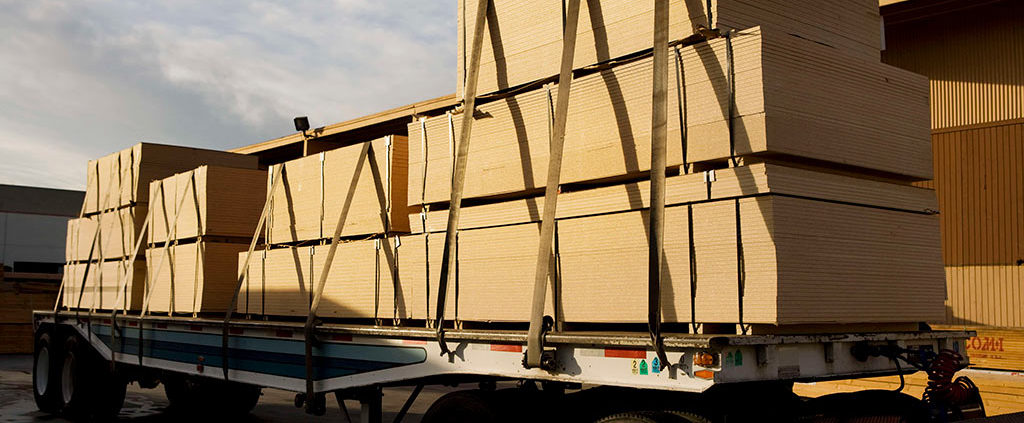How Did Recent Carbon Tax Laws Impact Truckers?
On April 1, 2019, the federal government imposed the Greenhouse Gas Pollution Pricing Act (GGPPA) on the four provinces that had not yet passed their own carbon tax laws – Ontario, Saskatchewan, Manitoba, and New Brunswick. Now every province is under a carbon pricing scheme, and this will impact what trucking companies will pay at the pumps, what they’ll pay when filing taxes, and what consumers will pay at the store.
Increasing Fuel Costs Under Carbon Tax Laws
 Truck drivers will undoubtedly see their fuel prices go up. According to the Canadian Trucking Alliance, 5.37 cents per litre will be added to the price of diesel in 2019, and this will rise to 13.41 cents by 2022. With the differences between the provincial carbon tax schemes and the ones under the GGPPA, there is a real concern that carriers could be taxed in multiple times by provinces with different carbon tax programs.
Truck drivers will undoubtedly see their fuel prices go up. According to the Canadian Trucking Alliance, 5.37 cents per litre will be added to the price of diesel in 2019, and this will rise to 13.41 cents by 2022. With the differences between the provincial carbon tax schemes and the ones under the GGPPA, there is a real concern that carriers could be taxed in multiple times by provinces with different carbon tax programs.
The taxes paid by consumers come back in the form of a rebate, but there are no plans for the money to come back and help the trucking industry upgrade and become more fuel efficient. This might make the Canadian industry less competitive, and hurt it at a time when it is already struggling with different demands.
This price could have big impacts on costs down the line, too. Most of what is offered in stores are provided via truck transportation, and fruit and vegetables would never cost what they do without the speed and hauling capabilities afforded by trucking. Thus, we can expect an increased cost of products that are priced based on the cost of transportation. As the cost of fuel increases, so does the transportation cost, and so will the cost of consumer goods, especially if they’re perishable.
Additional Paperwork For Tax Reporting
The new carbon tax laws also mean that carriers will have to file the federal carbon tax as well as the current IFTA tax, though both of them are using the same mechanism. Reporting the taxes under the GGPPA works almost exactly like the reporting for International Fuel Tax Agreement (IFTA) between Canada and the United States, and it charges tax based on fuel used within a jurisdiction. This will add an extra administrative burden to companies, not to mention the federal government.
This extra work on the part of Canadian carries could put us at a disadvantage compared to American competitors. The federal carbon tax program is managed by Canada Revenue Agency, but it isn’t clear how they will enforce the GGPPA for U.S. carriers going to Saskatchewan, Manitoba, Ontario and New Brunswick.
The future of the carbon tax and its impacts on the trucking industry will be clearer in the coming months. While the four hold-out provinces promised to take the federal  carbon tax to the courts as unconstitutional, Saskatchewan was the first to hit a snag: their Supreme Court found, in a 3-2 decision, that the new taxes were not unconstitutional. Whether it stays at a federal level is one thing, but provinces like British Columbia have had their own version for much longer, meaning carriers will have to contend with these taxes for the foreseeable future. Contact us to learn more!
carbon tax to the courts as unconstitutional, Saskatchewan was the first to hit a snag: their Supreme Court found, in a 3-2 decision, that the new taxes were not unconstitutional. Whether it stays at a federal level is one thing, but provinces like British Columbia have had their own version for much longer, meaning carriers will have to contend with these taxes for the foreseeable future. Contact us to learn more!











